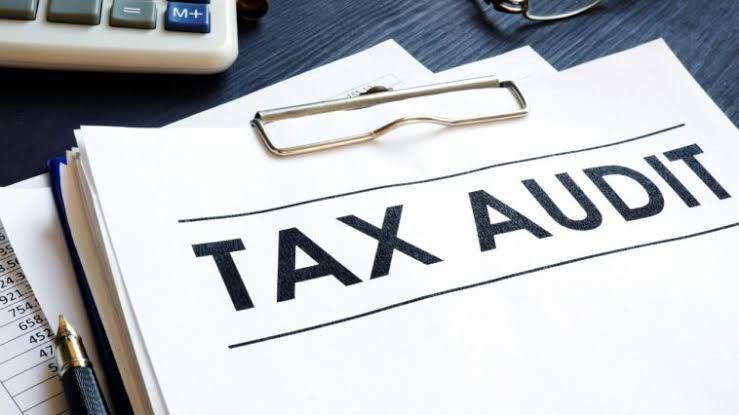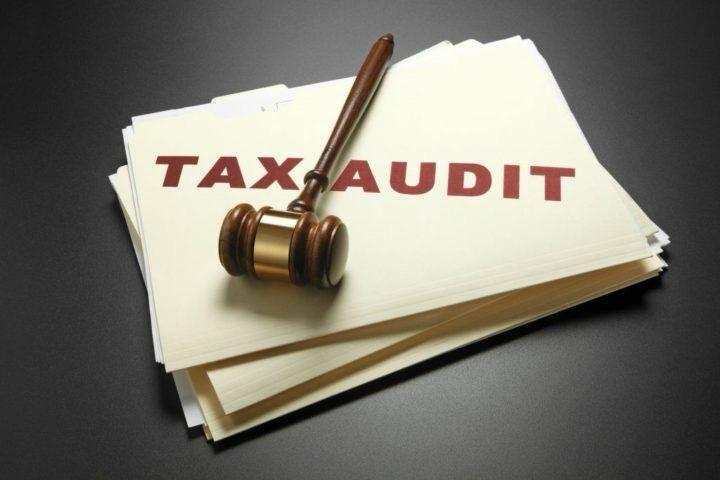Table of Contents
What is a Tax Audit in Nigeria ?
If you’re facing a tax audit in Nigeria in 2025, it’s crucial to understand what to expect and how to respond proactively.
A tax audit in Nigeria is a formal examination of your financial records and tax submissions by the Federal Inland Revenue Service (FIRS) or a State Internal Revenue Service. As tax laws and digital compliance standards tighten in 2025, understanding the audit process is more important than ever. Whether you’re a small business or large enterprise, being audit-ready helps you avoid penalties and ensures long-term compliance.
A tax audit is a structured examination by FIRS (Federal Inland Revenue Service) or LIRS to confirm that your reported earnings, expenses, and remittances match your actual business records. Auditors examine bank statements, invoices, payroll records, and tax returns.
Audits can be random or triggered by discrepancies in filings. In 2025, the focus includes sectors like fintech, real estate, consulting, and online businesses.
This guide is brought to you by Dee Arkounting and Tax Professionals, your trusted advisors in audit support, tax filing, and compliance services in Lagos, Nigeria.

7 Essential Steps to Navigate a Tax Audit
Step 1: Get Organized Immediately
As soon as you receive an audit notification, assign a team to gather your financial records. Organize files by fiscal year and type (e.g., payroll, VAT, CIT).
Step 2: Consult a Tax Professional
Before replying to the authorities, consult your accountant or tax advisor. They’ll help interpret the audit scope and prepare your case.
Need a trusted financial accountant or tax advisor? Reach out to Dee for expert guidance.
Step 3: Attend the Pre-Audit Meeting
FIRS typically invites you to a pre-audit meeting. This is your chance to clarify expectations, timelines, and documentation needed.
Step 4: Prepare a Response File
Put together:
- Tax returns (last 3–6 years)
- Proof of tax payments
- Bank statements
- Payroll and pension documentation
Step 5: Host the Field Audit (If Required)
If auditors visit your premises, cooperate fully. Assign a liaison officer. Have original documents and staff available.
Step 6: Review the Draft Audit Report
FIRS will share preliminary findings. Respond within 30 days with clarifications or objections.
Step 7: Settle or Appeal the Final Assessment
If you agree with the final report, settle it quickly to avoid penalties. If not, you may file an appeal with the Tax Appeal Tribunal Nigeria.

Key Documents You Must Have Ready
- Tax Identification Number (TIN)
- All tax clearance certificates
- Monthly PAYE and VAT returns
- Financial statements (audited if applicable)
- Contracts and invoices
- Bank statements and reconciliations
Know Your Rights and Responsibilities

You have the right to:
- Be represented by a tax professional
- Receive fair, professional treatment
- Request time to provide documents
- File formal objections if needed
You are responsible for:
- Timely and complete responses
- Honesty in documentation
- Providing access to business records
For more, check Nigeria Tax Administration Act and updates from state revenue boards.
What Happens After the Audit ?
Once the final audit is complete, FIRS may issue:
- An Assessment Notice: Pay within 30 days to avoid interest.
- A Compliance Letter: If no issues found, your file is closed.
- A Demand Notice: For unpaid tax liabilities plus penalties and interest.
You can appeal the findings or settle via instalments, depending on the case.
When to Seek Professional Help

Hire a tax consultant if:
- You have overdue filings
- You’ve been selected for a special investigation
- You operate across multiple states or internationally
- You’re unsure how to present your documentation
Need help preparing for your audit ? Contact Dee Arkounting and Tax Professionals at 49 Ajayi Street, Ojodu Berger, Lagos. Our experienced tax consultants can guide you through every step.
